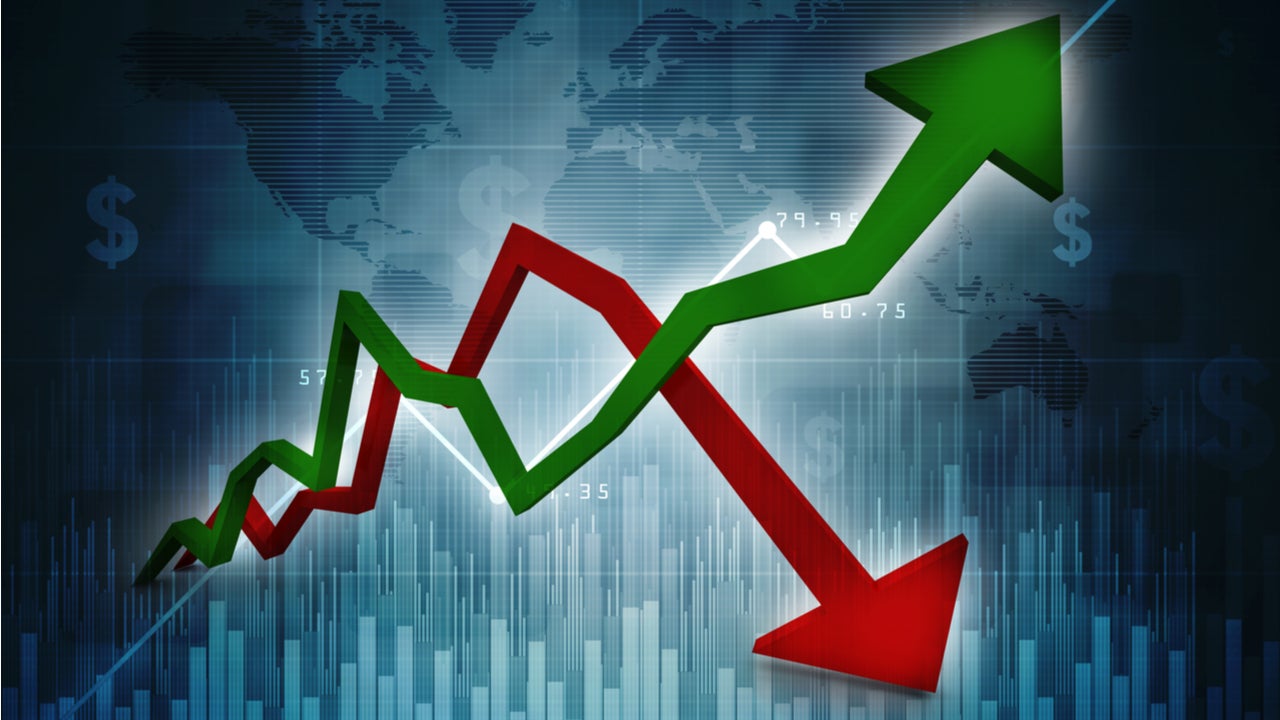Economists believe that despite a rebound in productivity growth during the 2020s, inflationary pressures could lead to other problems such as mounting debts, credit crunch, and the collapse of stock markets.
Wonk Monk
Wonk Monk, an economic policy activist, tweeted on whether President Biden and Jerome Powell, Chair of the Federal Reserve of the US will be able to bring back inflation from the dead post the Covid-19 health crisis. She stated that she belongs to the camp that anticipates a transitory rebound in the inflation rate, and that in her view the 1970s were uniquely inflation prone.
According to economists, the record monetary and fiscal policy stimulus offered by governments worldwide to tackle the financial and economic consequences of the Great Virus Crisis (GVC), will cause inflationary pressures once the pandemic is over. As a result, interest rates are expected to soar, and cause other issues such as mounting debt by both the public and private sectors.
Experts also believe that the Covid-19 crisis has accelerated the pace of employing more technologies in boosting efficiencies and profit margins. However, the diversification of businesses will prove to be both costly and inflationary. It could also be cost effective as labour shortages have stimulated the demand for technological innovations in areas such as automation, artificial intelligence (AI), robotics, and 3D manufacturing.
Reagan&Volcker Killed Inflation. Will Biden&Powell Bring It Back From the Dead? @yardeni https://t.co/uqVSQ8ynRB
"I remain in the camp anticipating a transitory rebound in the inflation rate"
 GlobalData Strategic Intelligence
GlobalData Strategic IntelligenceUS Tariffs are shifting - will you react or anticipate?
Don’t let policy changes catch you off guard. Stay proactive with real-time data and expert analysis.
By GlobalData"It’s my view that the 1970s were uniquely inflation prone." https://t.co/a0cQOkwV1s pic.twitter.com/JMfHrOGhNm
— wonkmonk (@wonkmonk_) May 16, 2021
Dean Baker
Dean Baker, senior economist at the Centre for Economic and Policy Research (CEPR), retweeted on a New York Times (NYT) piece on vaccinating the world that completely ignored the vaccines developed by China and Russia. Experts believe that both of the countries have developed effective vaccines against the coronavirus, which have slowed the spread and reduced hospitalisations and deaths. Therefore, it was imperative to consider the production of their vaccines while discussing world immunisation against the virus.
The second point the article misses, experts opine, is the need for open-source technologies. The idea is not just to replicate the technology of Pfizer or Moderna Covid-19 vaccines, but to allow engineers to examine it, and improve it. Similar efforts with the production technology for shortage of inputs is required, along with the cooperation of Chinese and Russian vaccine manufacturers as well.
Economists believe that the technology for producing all Covid-19 vaccines should be open-sourced to get the world vaccinated at a faster pace.
The New York Times treats the issue as a joke. An article with four reporters never once mentioned Russia or China https://t.co/nAMFlen1Vu
— Dean Baker (@DeanBaker13) May 16, 2021
Jo Michell
Jo Michell, an associate professor of economics at University of the West of England (UWE), Bristol, tweeted on economic orthodoxy believing that demand can affect the supply side, but only negatively.
In his views, the UK government’s accepted assessment of the economic impact of the pandemic for permanent output loss in the range of 18-24 months of GDP growth is unbelievable. In addition, there is almost no political discussion about whether that is necessary.
Economic orthodoxy appears to believe that demand can affect the supply side, but only negatively. https://t.co/HBnsjiJuEk
— Jo Michell (@JoMicheII) May 16, 2021




